A Japanese Fair Trade Commission report stops short of directly ordering that Apple must allow a third-party App Store, but its investigation clearly concludes that one is necessary.
Apple and Google have been under investigation by the Japanese Fair Trade Commission (JFTC) since October 2021, chiefly regarding their app store dominance. The regulator has now published its findings, which are critical of both firms' "abuse of a superior bargaining position."
The JFTC says that the current business models of both companies is a "problem under the AMA," the country's Antimonopoly Act. This is the same act that led to Apple being accused of violations in its allegedly "anti-consumer" dealings with local cell carriers in 2018.
In a detailed examination of Apple's App Store and the Google Play Store, the JFTC makes many recommendations for changes. It does not explicitly say that the companies must allow alternative app stores, yet complying with its findings would require exactly that.
In a section concerning the "prevention of self-preferencing in the app market," the JFTC report says that an "equal footing regarding App store management" must be ensured.
"[This includes making] it possible to use or select a system other than Google's/Apple's in-app payment system and/or Google's/Apple's in-app payment system," says the report, "and separately setting the commission of using the in-app payment system and the commission of using app store."
Further, "it is desirable for Google and Apple" to continue "to bring about innovation without hindering the creation of new products or services and the construction of new ecosystems centered on such products or services by developers other than Google and Apple."
The report also says that Apple and Google must not take advantage of features that are not also available to developers.
"[They must permit] access to the mobile OS functions at the same timing, scope and level as Google's/Apple's apps, products and services," it continues, "so that other developers' apps, products and services can be interoperable with the mobile OS."
Japan's regulator does allow that this may not always be possible, however. It adds "except when justifications are recognized from the viewpoint of security assurance and privacy protection."
Thursday's report is not an enforcement action. The report must be further evaluated and discussed by the Japan government before action is taken. A timetable for that review and action isn't clear.
Apple has not yet commented on the report from Japan's Fair Trade Commission.
 William Gallagher
William Gallagher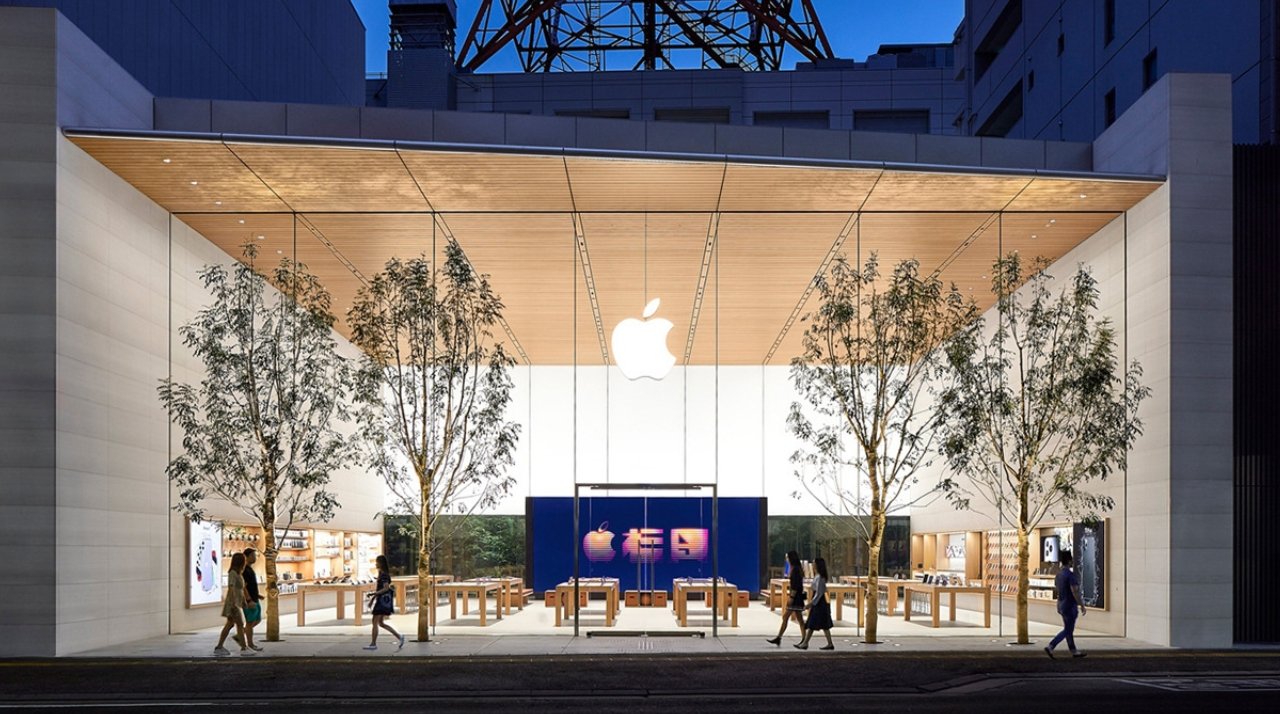

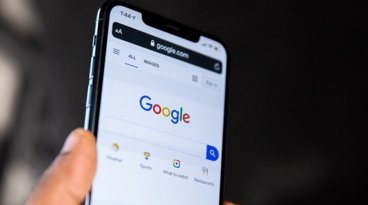



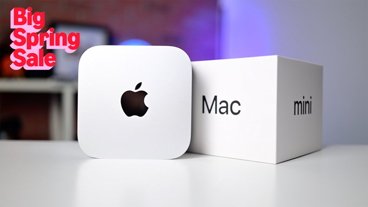
-m.jpg)





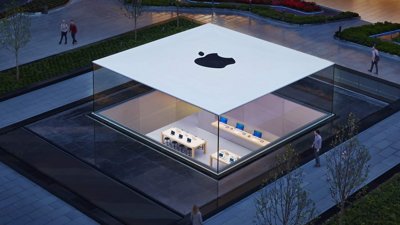
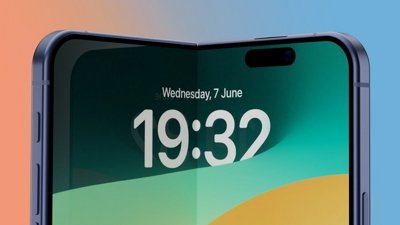
 Malcolm Owen
Malcolm Owen
 Christine McKee
Christine McKee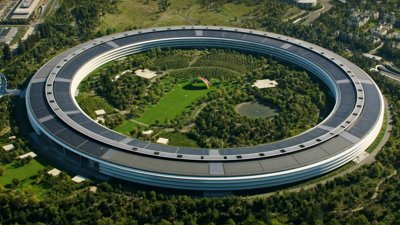
 Wesley Hilliard
Wesley Hilliard
 Thomas Sibilly
Thomas Sibilly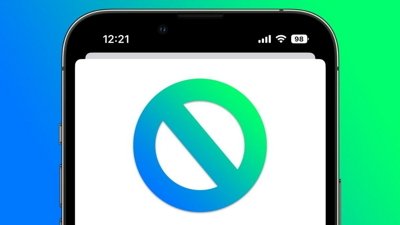
 Marko Zivkovic
Marko Zivkovic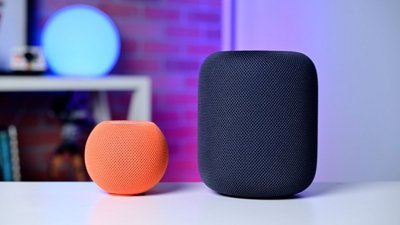
 Andrew O'Hara
Andrew O'Hara
 Amber Neely
Amber Neely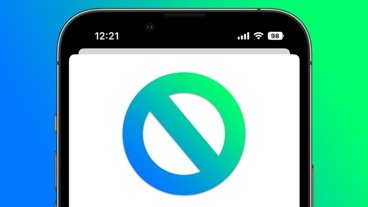

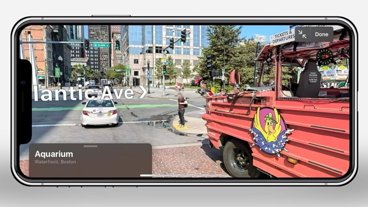





20 Comments
Market dominance. All this means is that people actually want to buy a product from this company. Fair Trade? That's a joke. It simply means companies and countries who can't make things want a piece of the pie from companies and countries that can. Sounds a bit like socialism doesn't it. Of course none of these capitalistic countries would admit they need help surviving so they try forcing a great company to let a weak country and companies get something for nothing.
"Japan's regulator does allow that this may not always be possible, however. It adds "except when justifications are recognized from the viewpoint of security assurance and privacy protection."
To those who say, "well, YOU don't have to use a third party app store, so what are you worried about?", you further miss the point. We share significant amounts of content between friends and family. So my contact information, shared photos, contents of mail and text messages, and more, reside on my wife's, kids, and friends phones (all iOS) There is a greater level of trust to do so given the intrinsic security of the shared ecosystem. So it "someone else" starts using unvetted apps from a third party app store which does a lot of harvesting, you are indirectly harmed even if you yourself do not use a third party store.
For those that do, how does Apple address the aforementioned "security assurance and privacy protection" by allowing unvetted apps on the store? Do they allow unfettered access to all API's/tools/data? Do they cut off access to Contacts, Wallet, Messages, Mail, Photos, Files, and more to try and protect the ecosystem? What becomes exploitable by allowing a "front door" into iOS for third party app stores?
I don't think many people think about the ramifications of this, and more fundamentally, this is product and feature of the Apple's / Google's businesses. To what level do we want governments, including unelected regulators, putting their hands on the wheels of free enterprise, innovation, investment, customer relations, and success? It is a very dangerous manner of thinking.
And where is there a vast majority of users even complaining about this? These is no cacophony, not barely a whimper... Most people are fully aware of the ecosystem, enjoy it , and feel well served and protected by it.
Let others innovate a better solution/ecosytem in the open market.
The main issue that every government is running into is whether or not the OS is considered to be private intellectual property or some form of quasi-public utility. They seem to be leaning towards the latter and it's becoming fairly confusing as to what that's supposed to mean in terms of control. If app developers have different priorities for what they want to see in an OS does that mean that it's anticompetitive for the OS owner not to support them? That's essentially what it's starting to sound like. Companies like Epic, Spotify and Microsoft all complained about features/functions that they personally preferred to see in iOS and Apple wasn't giving them exactly what they wanted.